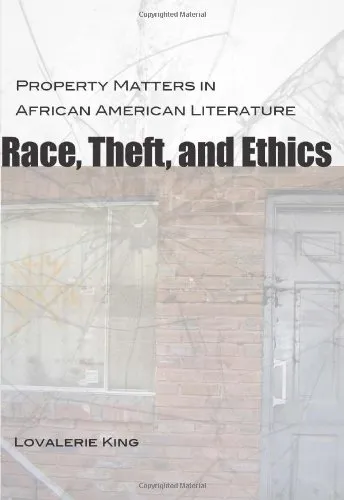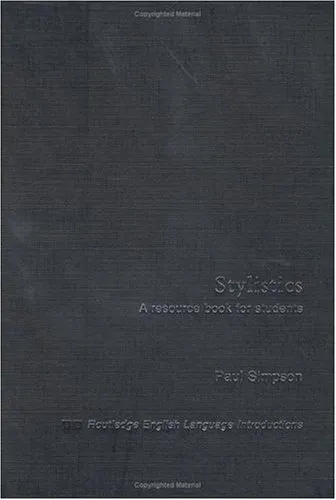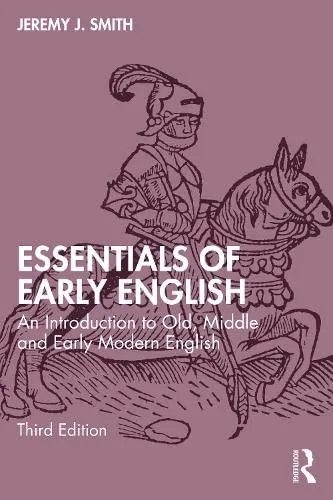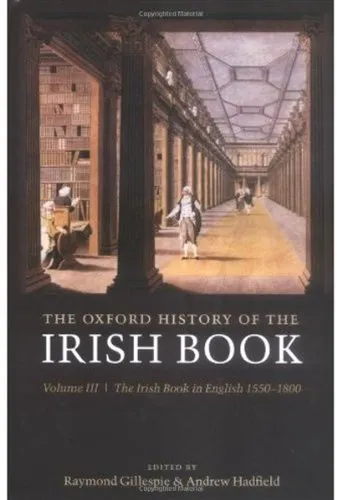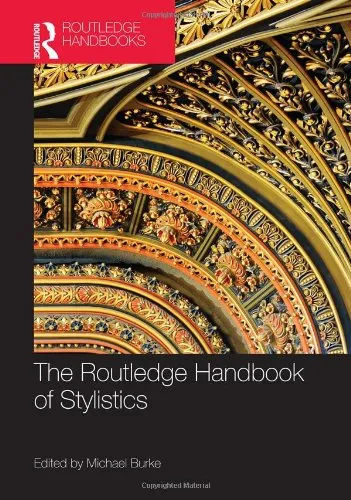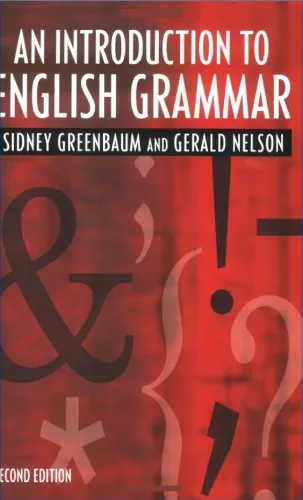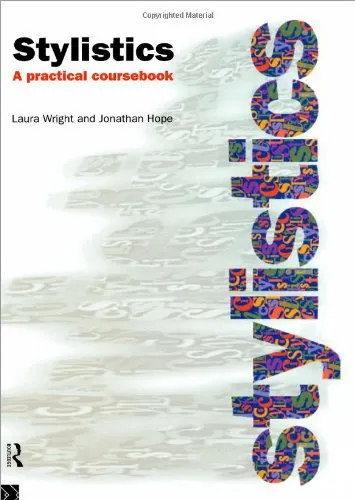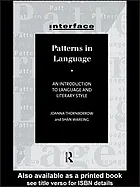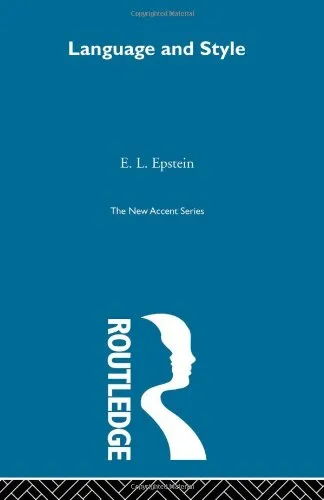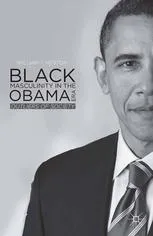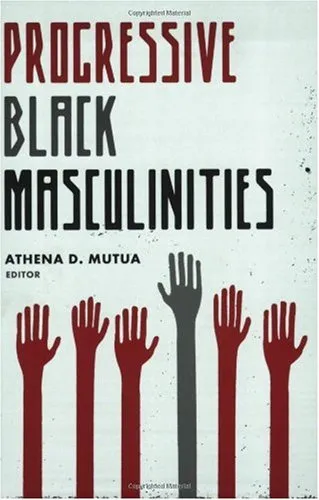Race, Theft, and Ethics: Property Matters in African American Literature
4.0
Reviews from our users

You Can Ask your questions from this book's AI after Login
Each download or ask from book AI costs 2 points. To earn more free points, please visit the Points Guide Page and complete some valuable actions.Related Refrences:
Introduction to "Race, Theft, and Ethics: Property Matters in African American Literature"
"Race, Theft, and Ethics: Property Matters in African American Literature" is a groundbreaking exploration of the intricate intersections between race, identity, ownership, and morality in the framework of African American literary tradition. Written by Lovalerie King, this book critically analyzes the concept of "property" and its profound implications on the African American experience across history. From land and material possessions to abstract notions like intellectual and cultural heritage, King delves deeply into the ways in which property has shaped and continues to influence African American lives, particularly through the lens of literature.
This work is more than a traditional literary critique. It serves as a cultural, historical, and philosophical study that uncovers the nuanced manifestations of ownership—both its denial and reclamation—in African American texts. King's incisive arguments highlight how African American writers engage with themes of property and theft to address questions of justice, ethics, and redemption. This book makes an essential contribution to understanding African American literary tradition within broader social and ethical contexts.
Detailed Summary of the Book
At its core, "Race, Theft, and Ethics" examines how African American authors have addressed the historical theft of property—ranging from physical land during slavery and segregation to cultural and intellectual theft during and beyond the Civil Rights era. The book draws on works by authors such as Frederick Douglass, Toni Morrison, Richard Wright, and Zora Neale Hurston, among others. King reveals how these writers grapple with the systemic denial of property ownership to African Americans and examine the psychological and social ramifications of these injustices.
Lovalerie King divides the book into a series of thought-provoking analyses, each focusing on different dimensions of property. From the repossession of stolen histories and identities to imagining equitable futures, African American literature is presented as a space of resistance, recovery, and redefinition. King effectively illustrates how authors transform "theft" into an ethical and literary discourse, probing human morality and societal complicity in theft. The text provides a meticulous analysis of how works such as Morrison’s Beloved and Douglass’s autobiographies confront and critique models of ownership and oppression.
Key Takeaways
- African American literature is deeply intertwined with issues of property, theft, and restitution due to the unique historical legacy of slavery, racism, and systemic disenfranchisement.
- The concept of "ownership" in African American literature extends beyond land and material goods; it involves cultural, intellectual, and emotional dimensions.
- Literary themes of theft and recovery offer crucial insights into larger ethical questions surrounding race, history, and justice.
- Writers like Douglass and Morrison reclaim stolen narratives to exert agency and challenge societal structures of oppression.
Famous Quotes from the Book
"To understand African American literature, one must also understand the historical and ethical dimensions of what it means to have—and lose—property."
"African American authors write against the life-altering consequences of theft: of land, labor, bodily autonomy, and ultimately, identity."
Why This Book Matters
"Race, Theft, and Ethics: Property Matters in African American Literature" is an essential read for anyone seeking a deeper understanding of African American literature and its broader cultural context. The book provides a meticulous critique of the ways in which the denial of ownership has historically been used as a tool of oppression against African Americans. Yet, it also celebrates the resilience and creativity of African American writers who reclaim ownership through their art and storytelling.
At a time when discussions about racial equity and historical reparations are more relevant than ever, King's work serves as a vital academic resource. It enriches literary studies while illuminating persistent social and ethical issues. Ultimately, the book urges readers to rethink the relationship between property, identity, and justice not only in African American literature but in global cultural contexts.
Free Direct Download
You Can Download this book after Login
Accessing books through legal platforms and public libraries not only supports the rights of authors and publishers but also contributes to the sustainability of reading culture. Before downloading, please take a moment to consider these options.
Find this book on other platforms:
WorldCat helps you find books in libraries worldwide.
See ratings, reviews, and discussions on Goodreads.
Find and buy rare or used books on AbeBooks.
1338
بازدید4.0
امتیاز0
نظر98%
رضایتReviews:
4.0
Based on 0 users review
Questions & Answers
Ask questions about this book or help others by answering
No questions yet. Be the first to ask!
